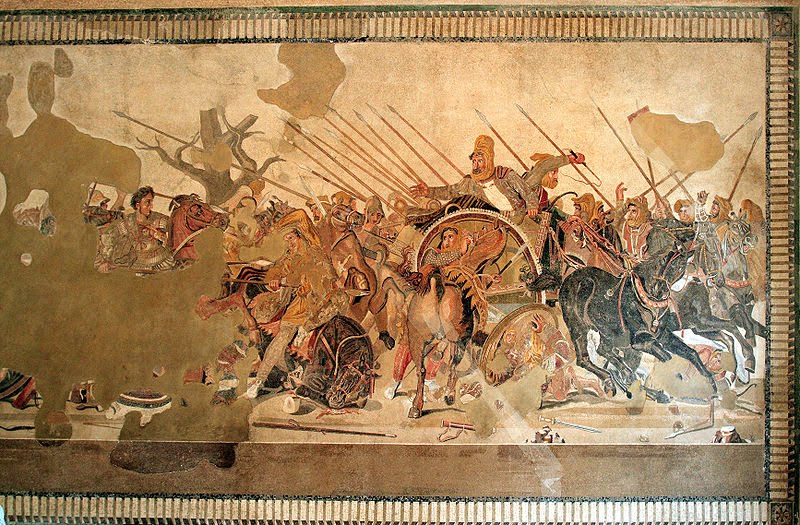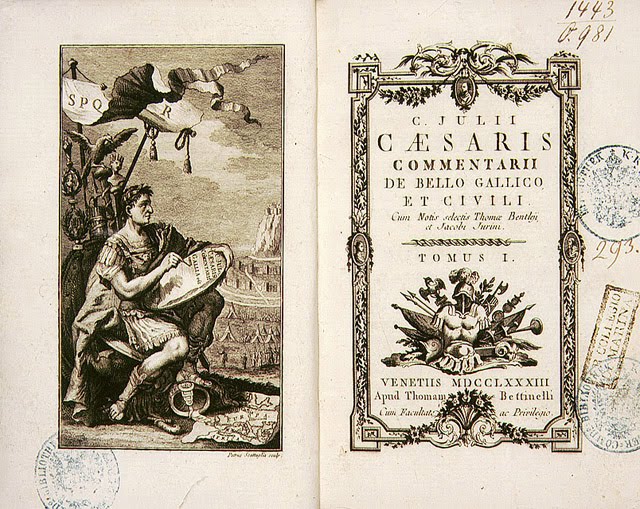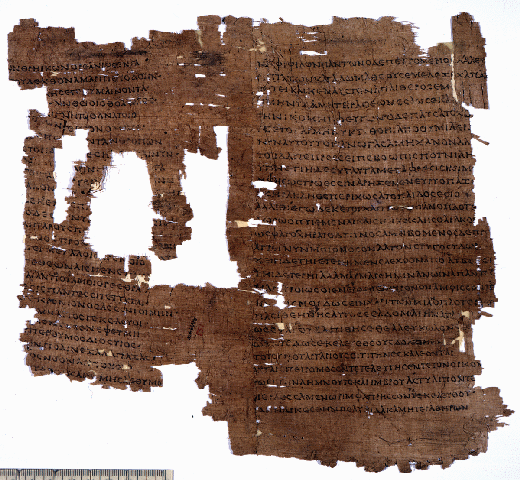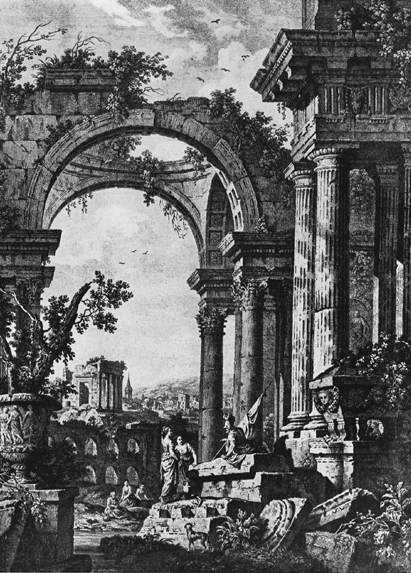І. Съдържание на откъса
И след като свалиха атинската власт, която беше една, на нейно място поставиха много: и тези правителства малтретираха управляваните не от Атина или от Спарта, но от собствените им територии. Те се бяха установили там за постоянно и при това бяха сякаш сплетени помежду си. Така че ако в началото на войната спартанците бяха обещали на останалите гърци изрично, че ще им причинят още повече и по-големи беди и че атинската власт ще им се стори истинска свобода в сравнение с новото потисничество, те не биха могли да изпълнят обещанието си по-добре от това, което направиха (след като бяха обещали противоположното)(48).
Така че веднага след победата започнаха пораженията им. Те бяха победени от един изгнаник, изоставени от тиванците, намразени от коринтяните; и морето се напълни с изгонвани хармости ("координатори"), сякаш са били анармости ("неподходящи"), а не поставени и владеещи градовете съгласно името си (49).
Силата на Тива нарасна точно заради престъпленията на спартанците и породената от тях омраза. Но едва спартанците бяха отстранени след битката при Левктра, и вече никой не можеше да понася тиванците: оказа се, че би било по-полезно да си стоят при Кадмейската крепост, отколкото да побеждават лакедемонците - толкова силна беше омразата срещу тях (50).
Казвам всичко това не за да обвинявам гърците изобщо, както беше направил онзи удивителен автор на "Триглавото чудовище": но за да покажа, че преди вас никъде не е имало знание за управлението. Защото ако би имало, то би било притежание на гърците, които се отличаваха по мъдрост сред останалите народи. Това знание е ваше откритие и след това беше внесено сред останалите. А казаното за атиняните изглежда да е вярно и за всички гърци - че са добри в това, да се съпротивляват на наложени отвън властници, да побеждават перси, да харчат пари и да понасят различни трудности; но не бяха научени да управляват и когато опитваха, се проваляха (51).
И най-напред те (атиняните) изпращаха гарнизони по градовете, които не бяха по-малобройни от силите на тамошните граждани; и така даваха сигнал и на останалите, че винаги ще действат с насилие. Но стана така, че нямаха сигурна власт над градовете, а същевременно бяха мразени; те не толкова експлоатираха, колкото имаха слава на експлоататори и, накратко, получаваха не толкова благата, колкото злините на властта (52).
II. Aнтиспартанската коалиция (началото на IV в.)
B.C. 393. Subsequently the war between the two parties recommenced.
The Athenians, Boeotians, Argives, and the other allies made Corinth
the base of their operations; the Lacedaemonians and their allies held
Sicyon as theirs. As to the Corinthians, they had to face the fact
that, owing to their proximity to the seat of war, it was their
territory which was ravaged and their people who perished, while the
rest of the allies abode in peace and reaped the fruits of their lands
in due season. Hence the majority of them, including the better class,
desired peace, and gathering into knots they indoctrinated one another with these views.
B.C. 392. On the other hand, it could hardly escape the notice of
the allied powers, the Argives, Athenians, and Boeotians, as also
those of the Corinthians themselves who had received a share of the
king's moneys, or for whatever reason were most directly interested in the war, that if they did not promptly put the peace party out of the
way, then chances to one the old laconising policy would again hold the field (Hellenica by Xenophon, IV, 4).
ІІI. Тиванската хегемония
1. След битката при Левктра
(B.C. 371) After these events, a messenger was despatched to Lacedaemon with news of the calamity. He reached his destination on the last day of the gymnopaediae, just when the chorus of grown men had entered the theatre. The ephors heard the mournful tidings not without grief and
pain, as needs they must, I take it; but for all that they did not
dismiss the chorus, but allowed the contest to run out its natural
course. What they did was to deliver the names of those who had fallen to their friends and families, with a word of warning to the women not to make any loud lamentations but to bear their sorrow in silence; and
the next day it was a striking spectacle to see those who had
relations among the slain moving to and fro in public with bright and
radiant looks, whilst of those whose friends were reported to be
living barely a man was to be seen, and these flitted by with lowered
heads and scowling brows, as if in humiliation.
Immediately after the battle the Thebans sent a messenger to Athens
wearing a chaplet. Whilst insisting on the magnitude of the victory
they at the same time called upon the Athenians to send them aid, for
now the opportunity had come to wreak vengeance on the Lacedaemonians for all the evil they had done to Athens. As it chanced, the senate of
the Athenians was holding a session on the Acropolis. As soon as the news was reported, the annoyance caused by its announcement was unmistakable. They neither invited the herald to accept of
hospitality nor sent back one word in reply to the request for
assistance. And so the herald turned his back on Athens and departed (Hellenica, VI, 5).
Archidamus, after the relief of the army defeated at
Leuctra, had led back the united forces. When he was gone, the
Athenians, impressed by the fact that the Peloponessians still felt
under an obligation to follow the Lacedaemonians to the field, whilst
Sparta herself was by no means as yet reduced to a condition
resembling that to which she had reduced Athens, sent invitations to
those states which cared to participate in the peace authorised by the
great king (Hellenica, VI, 5).
2. Полибий за Тива
One may say that nearly all authors have handed down to us the reputation for excellence enjoyed by the constitutions of Sparta, Crete, Mantinea, and Carthage. Some make mention also of those of Athens and Thebes. I leave these last two aside; for I am myself convinced that the constitutions of Athens and Thebes need not be dealt with at length, considering that these states neither grew by a normal process, nor did they remain for long in their most flourishing state, nor were the changes they underwent immaterial; but after a sudden effulgence so to speak, the work of chance and circumstance, while still apparently prosperous and with every prospect of a bright future, they experienced a complete reverse of fortune. For the Thebans, striking at the Lacedaemonians through their mistaken policy and the hatred their allies bore them, owing to the admirable qualities of one or at most two men, who had detected these weaknesses, gained in Greece a reputation for superiority. Indeed, that the successes of the Thebans at that time were due not to the form of their constitution, but to the high qualities of their leading men, was made manifest to all by Fortune immediately afterwards. For the success of Thebes grew, attained its height, and ceased with the lives of Epaminondas and Pelopidas; and therefore we must regard the temporary splendour of that state as due not to its constitution, but to its men (VI, 43).
IV. Съвременни учени за Тиванската хегемония
Библиография:
Гръцка история на Ксенофонт се цитира в английски превод според:
The Project Gutenberg Etext. Transl. by H. G. Dakyns. http://www.gutenberg.org/dirs/etext98/hllnc10.txt
Всеобща история на Полибий се цитира в английски превод според:
Loeb Classical Library, 6 volumes, Greek texts and facing English translation: Harvard University Press, 1922-1927. Transl. by W. R. Paton.
http://penelope.uchicago.edu/Thayer/E/Roman/Texts/Polybius/home.html
Полибий. Всеобща история. Превод Валерий Русинов. БАН и "Рал Колобър", 2002.
About the Latin Academy in the Vatican
13 years ago











No comments:
Post a Comment